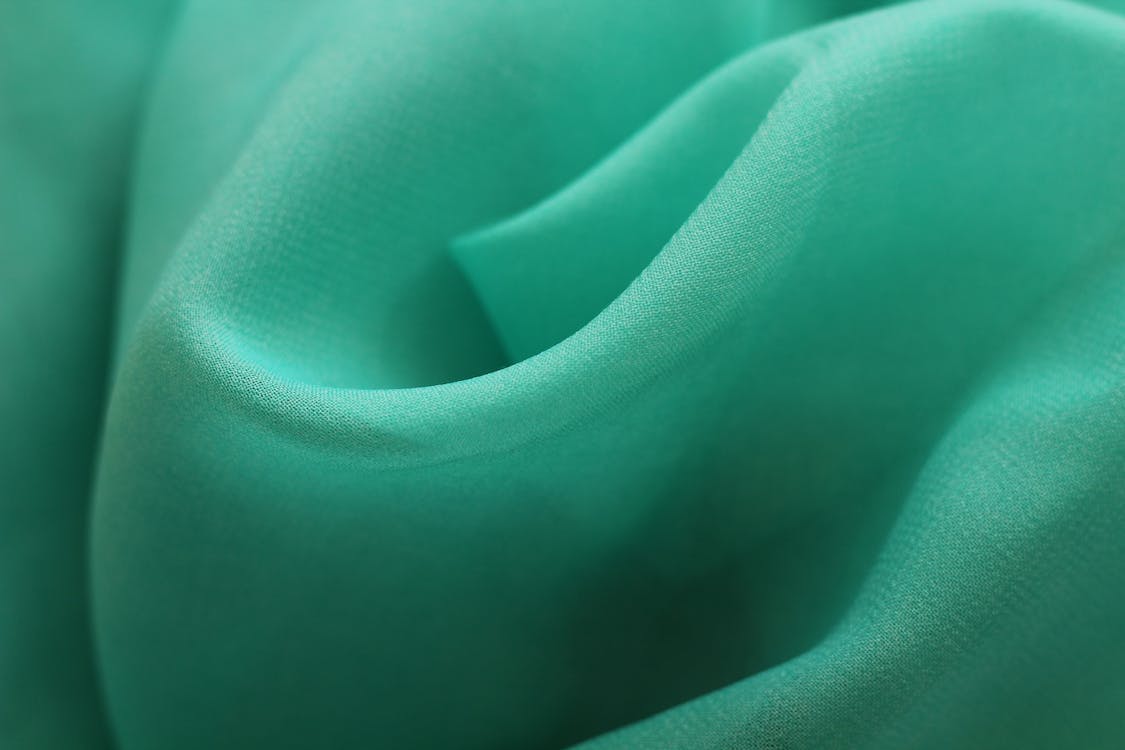
FAQ About Differences in Polyester
Does polyester wick away moisture?
Polyester is a hydrophobic fiber, meaning it does not absorb moisture as readily as natural fibers like cotton or bamboo. While it may not have inherent moisture-wicking properties, polyester can still help manage moisture in certain situations.
Polyester fibers have low moisture absorption, which allows moisture to sit on the surface of the fabric rather than being absorbed into the fibers. This can be beneficial in activities where perspiration is involved, as the moisture can evaporate more quickly from the surface of the fabric, helping to keep the wearer dry.
In some cases, polyester fabrics are designed with additional moisture-wicking treatments or finishes to enhance their ability to move moisture away from the skin. These treatments can help distribute moisture across a larger surface area, facilitating faster evaporation and improving comfort during physical activities or in hot and humid conditions.
However, it's important to note that the moisture-wicking performance of polyester can vary depending on the specific fabric construction, such as the weave or knit, and any additional finishes applied. Some polyester fabrics may have better moisture-wicking capabilities than others.
Compared to natural fibers like cotton or bamboo, polyester generally has a faster drying time and may feel less damp against the skin when exposed to moisture. However, natural fibers are often praised for their inherent moisture-absorbing properties and breathability, which can help regulate body temperature and provide a more comfortable feel.
If moisture management is a crucial factor for you, considering performance fabrics specifically designed for moisture wicking, such as those used in athletic wear, can be beneficial. These fabrics are engineered to maximize moisture transport away from the skin, providing enhanced comfort and performance during physical activities.
Ultimately, while polyester may not possess strong natural moisture-wicking properties, it can still contribute to moisture management through its quick-drying nature and potential treatments or finishes applied to the fabric.
